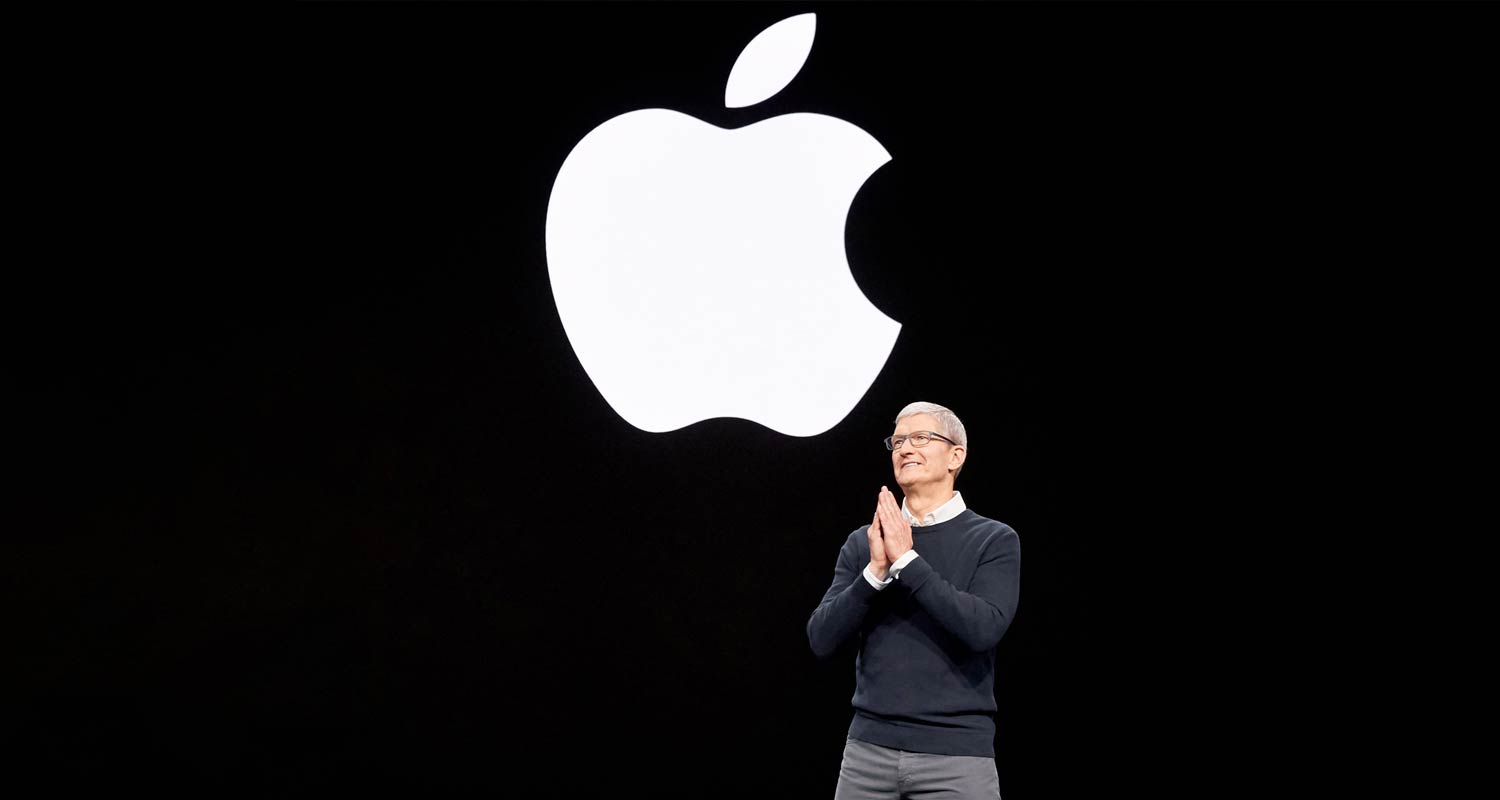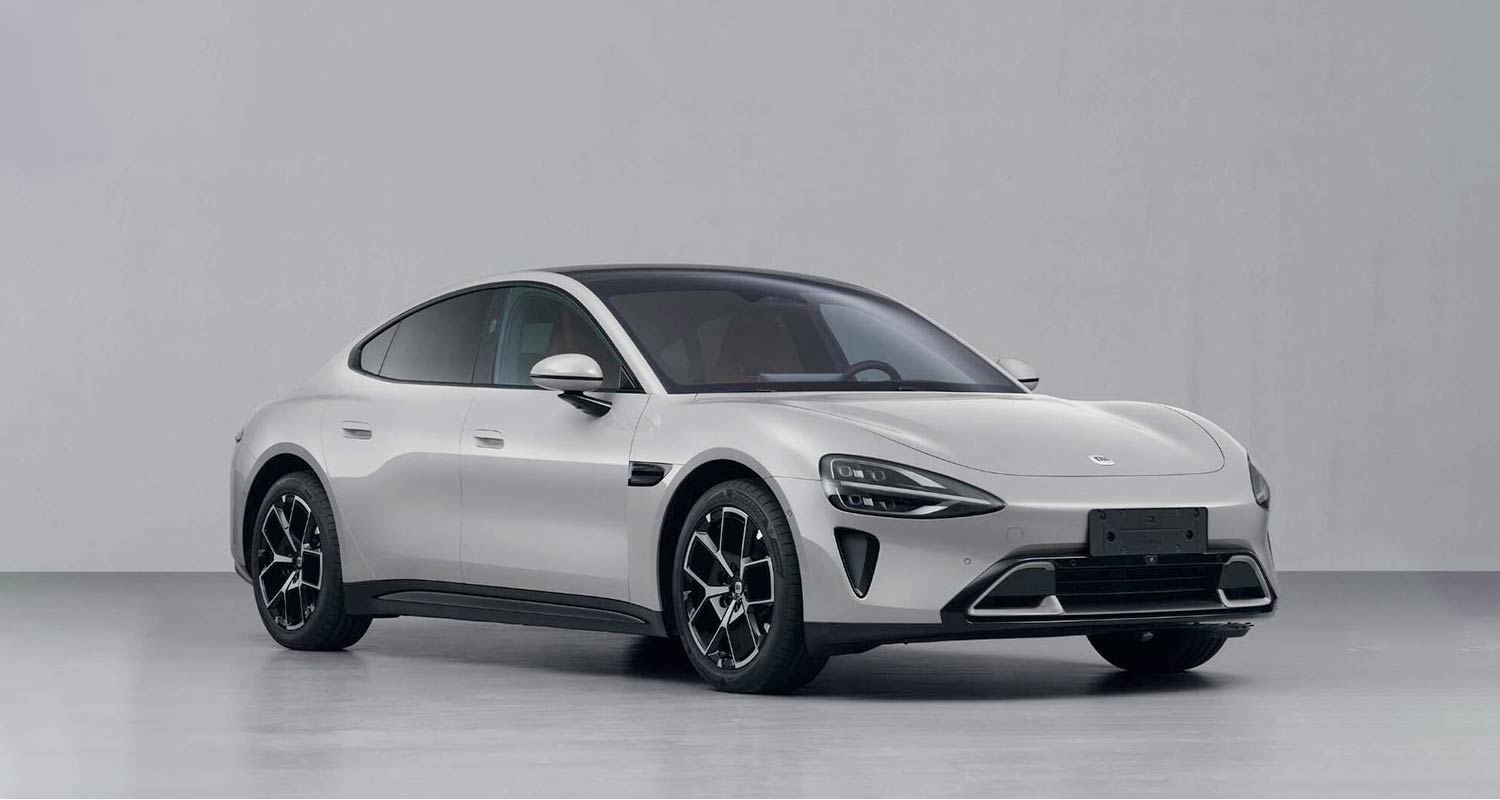
Two of China’s biggest smartphone makers have joined BYD and Tesla in the increasingly crowded Chinese electric vehicle market. Their success or failure could serve as a guide for Apple someday entering the global race.
Huawei Technologies received orders for 80 000 units of its debut Aito M7 SUV in the first 50 days after its September launch, with the subsequent release of the Avatr 12 luxury coupé and Luxeed S7 sedan adding to momentum. That’s a solid start, but still trails the more than 300 000 EVs BYD sold in October, 90% within China, which puts the local leader neck-and-neck with Tesla.
Xiaomi has developed an operating system for cars and said this week it expects to make its EV debut in the first half of next year after recently getting preliminary roadworthiness approval from Chinese authorities.
These two handset brands are vastly different to their incumbent EV rivals. Both offer a broad array of products, from Wi-Fi routers to whitegoods, and outsource swathes of manufacturing to companies like Foxconn Technology Group. They’re also big on creating platforms and ecosystems — a catalogue of software to seamlessly connect devices in order to share files and interact with each other. BYD and Tesla, by and large, offer standalone cars, and not a lot more, and do the bulk of production in-house.
So, instead of taking lessons from car makers, Apple is more likely to learn from its Chinese smartphone rivals. The notion of an iCar isn’t entirely fantasy — Hyundai in 2021 unwisely confirmed rumours it was working with the iPhone maker on a vehicle before backing away from that statement. Apple expects to take at least half a decade to launch an autonomous EV, Bloomberg News previously reported.
Huawei has already said it wants to be less like a car maker and instead act more like a developer and supplier of specialised automotive technologies such as operating systems, software and assisted-driving features. To that end, it’s working with at least five Chinese car makers.
Rebadged
Xiaomi’s approach may be slightly different. Many of the products that bear its name are actually developed and assembled by other companies, with the Shenzhen-based firm adding its logo and ensuring those devices can interact with other members of the Xiaomi family. We should expect its cars, initially built by BAIC, to follow the same strategy.
When sizing up the new offerings, consumers and partners will be asking what exactly it is these companies bring to the table. BYD and Tesla have years of experience developing and producing vehicles, compared to Huawei and Xiaomi selling rebadged models from traditional car makers.
The answer lies in whether or not drivers view cars as an old-school product that requires a long history and deep heritage in safety and structural integrity. Whereas Sweden’s Volvo built a name by producing TV commercials featuring crash-test dummies, modern consumers are far more interested in a big cockpit screen, wireless phone charging and connectivity. Safety is a given thanks to strict regulations.
In the EV era, range and reliability are far bigger factors. EVs are technically more akin to a huge laptop computer on wheels than a small petroleum-fired power station. That’s why Huawei and Xiaomi can feel confident they’ve got a shot even if they’ve barely sold anything bigger than a suitcase.¹

But their success isn’t a given. Car makers from Tesla to Toyota are extremely focused on developing software and connectivity, acutely aware that automotive electronics are a key selling point, while Elon Musk has talked up the Smart Summons feature of his vehicles that drives them to the user. Yet missed timelines — including implementation of full-self driving and battery-swapping — drag on Tesla’s reputation.
These are pitfalls Huawei and Xiaomi will need to avoid, especially as the fate of their EVs rests largely in the hands of third-party car makers. If they pull it off, Apple will surely feel emboldened to take a crack. And should they fail, Apple’s experience in managing supply chains and relations with contract manufacturers will give CEO Tim Cook the confidence to believe he can do a lot better. — (c) 2023 Bloomberg LP
¹Huawei also builds communications equipment, which is rather large

